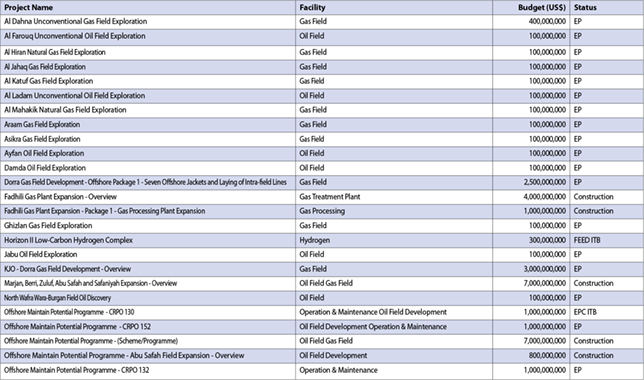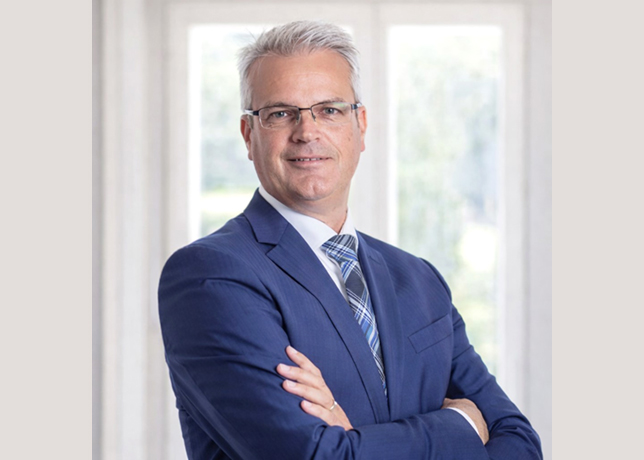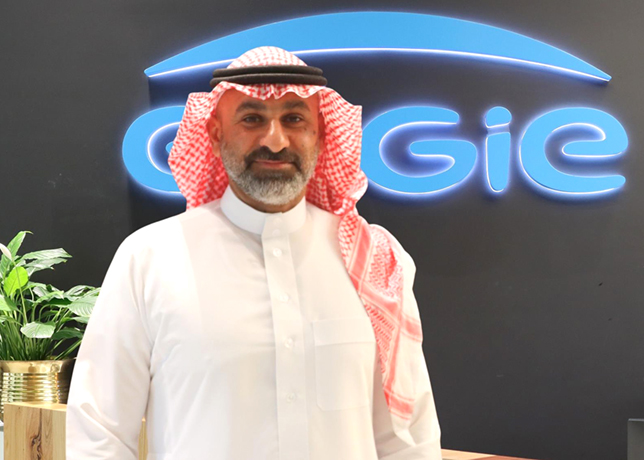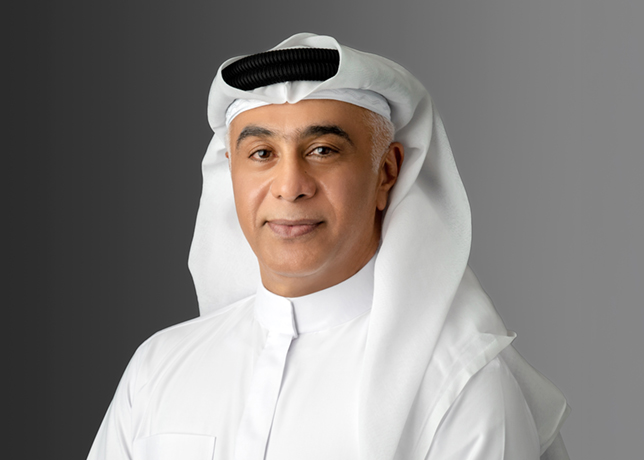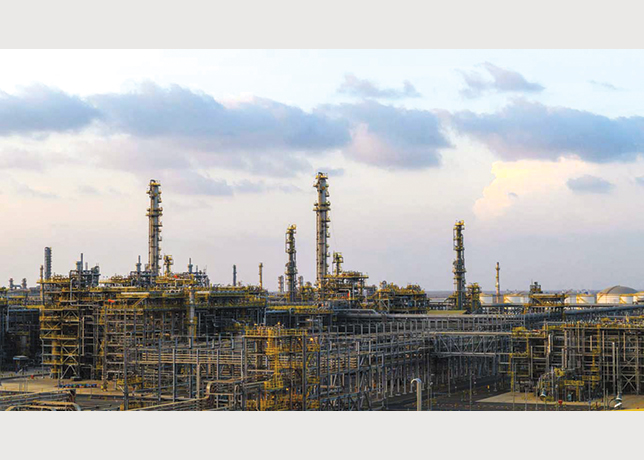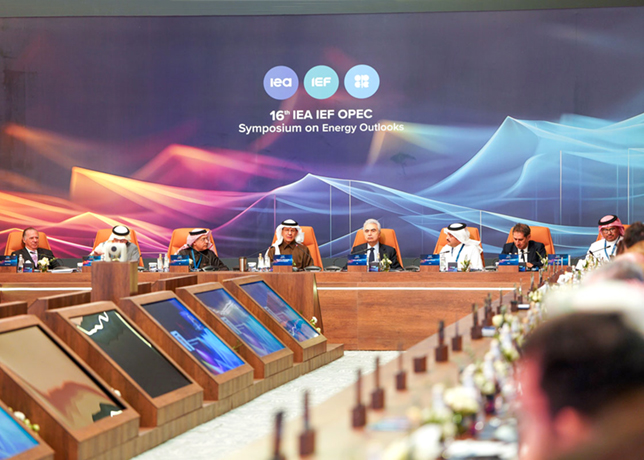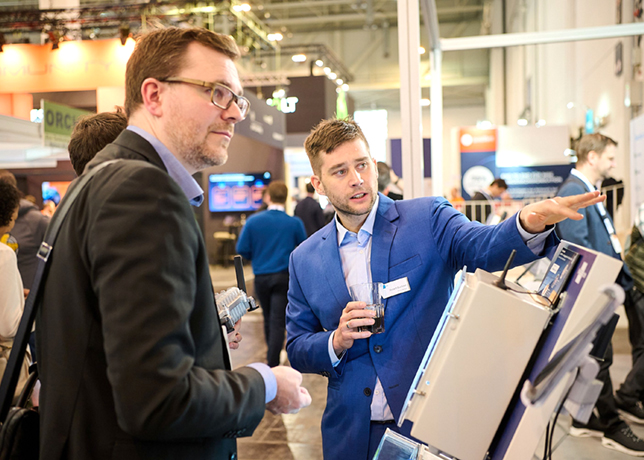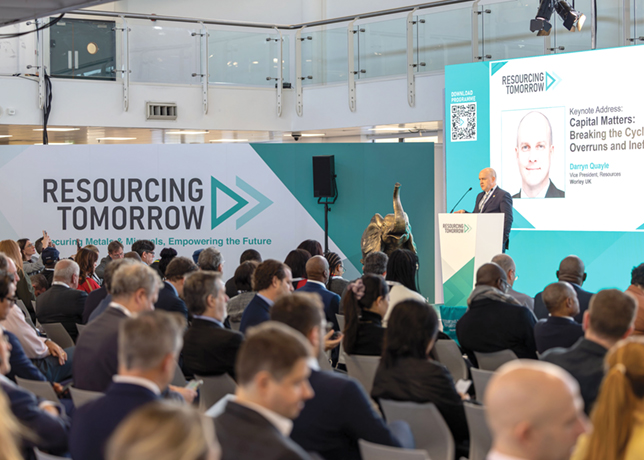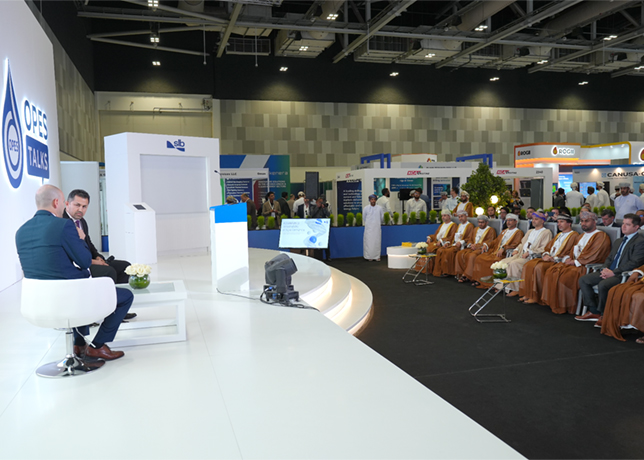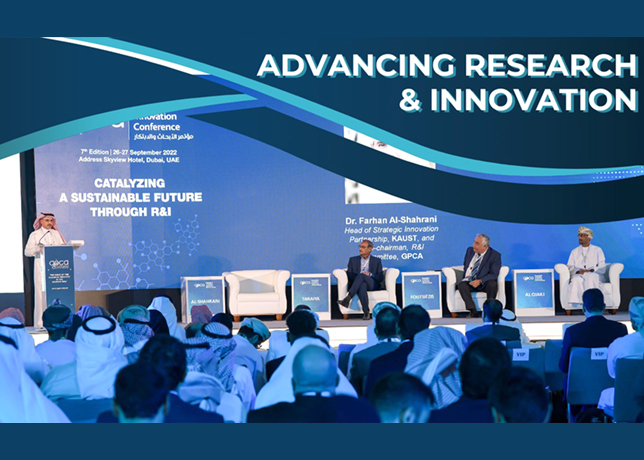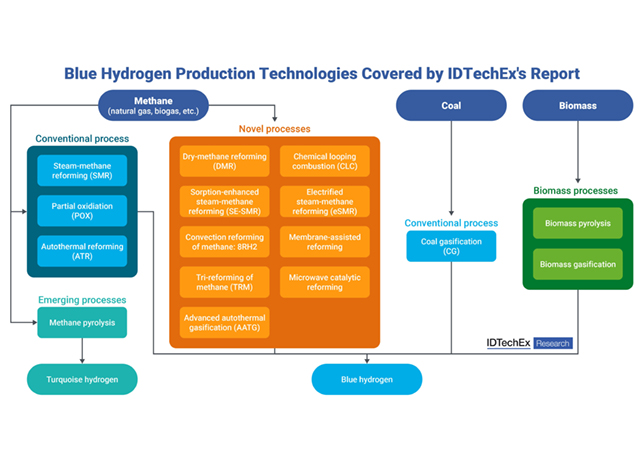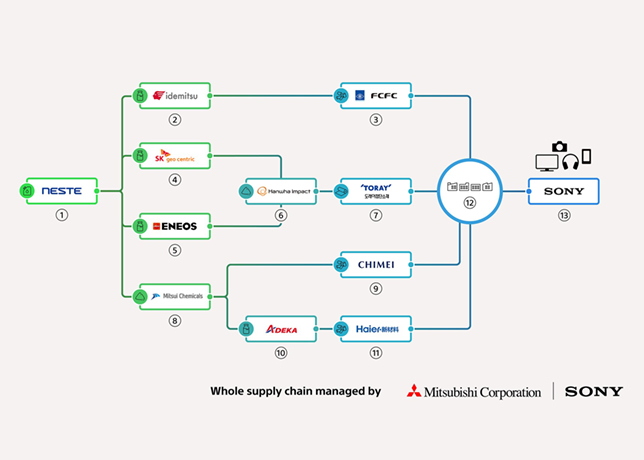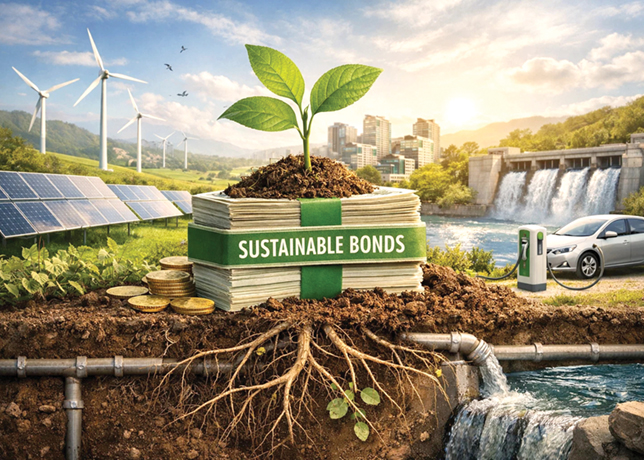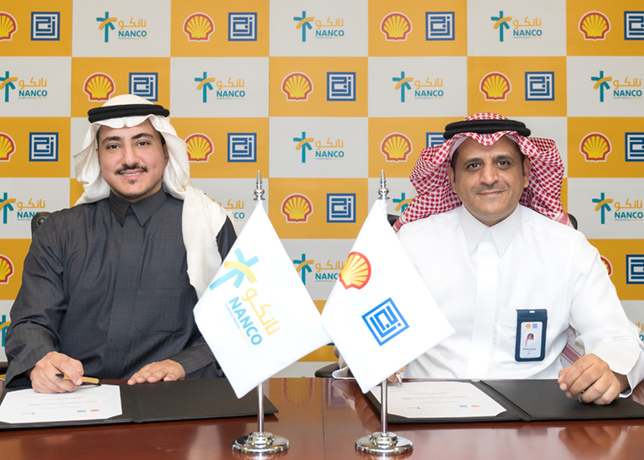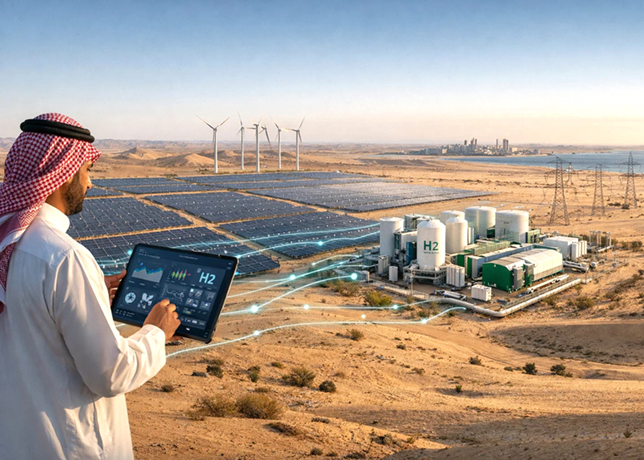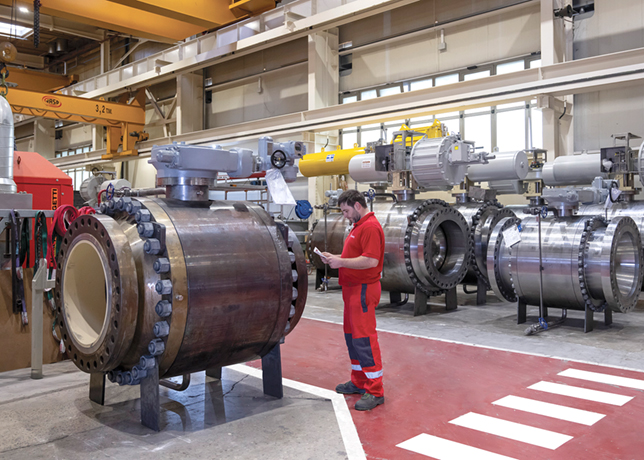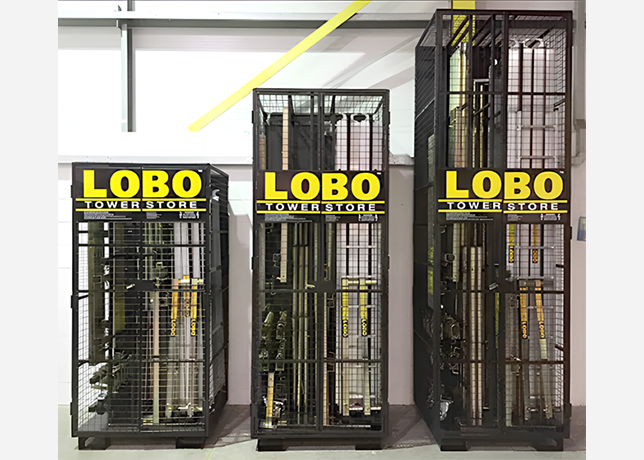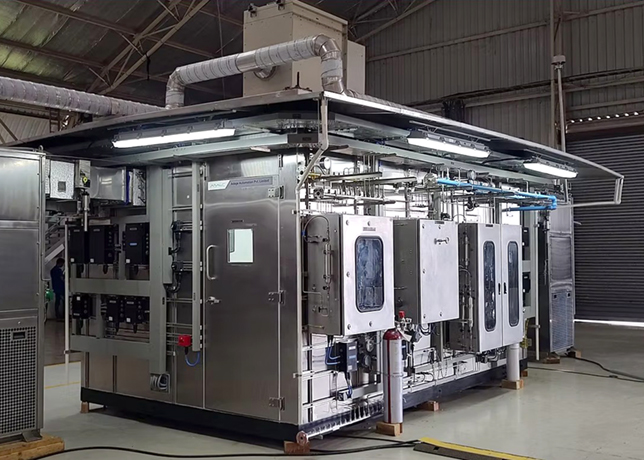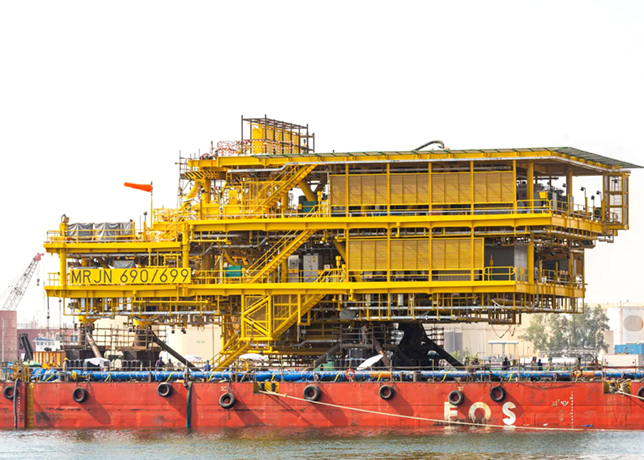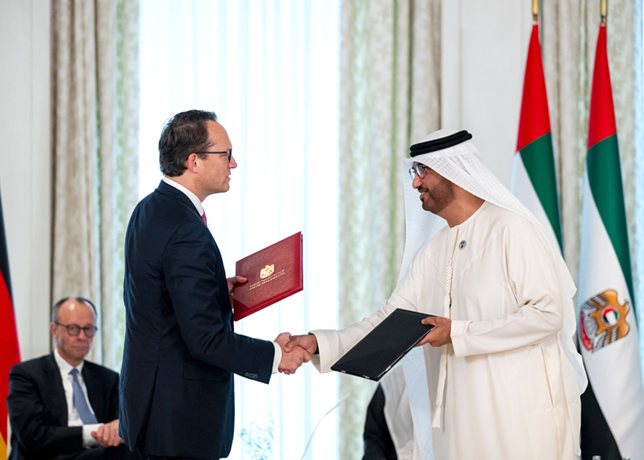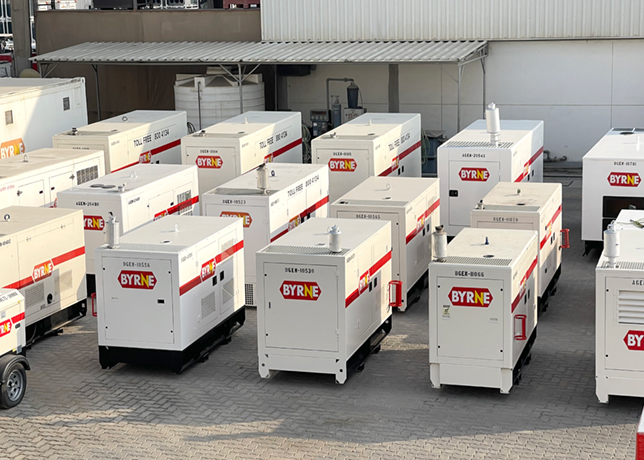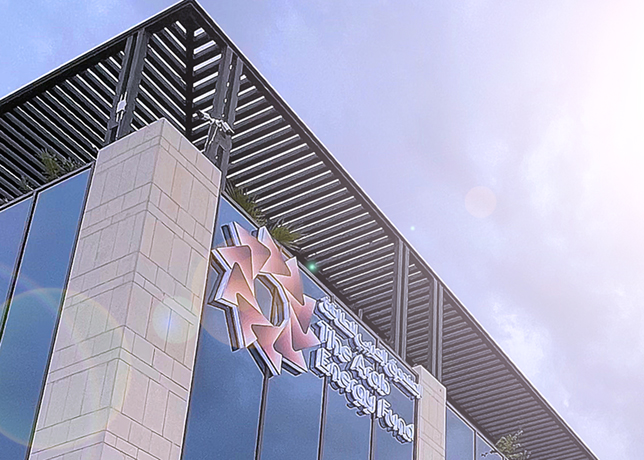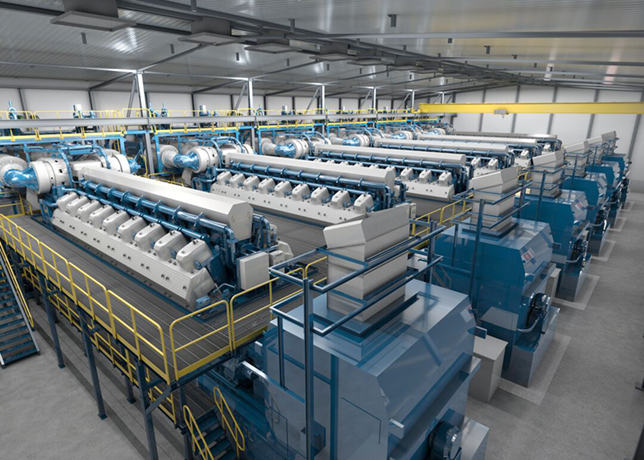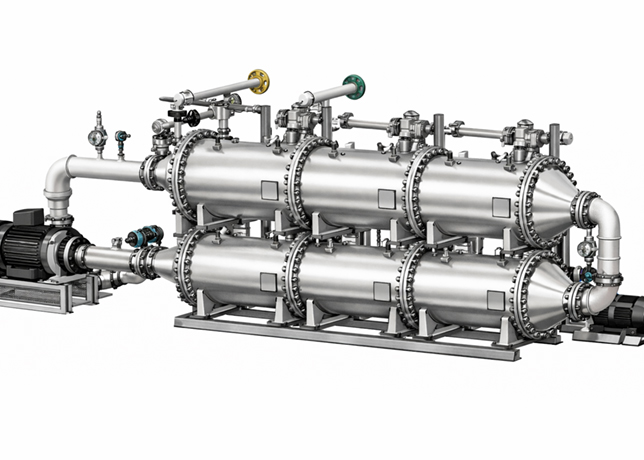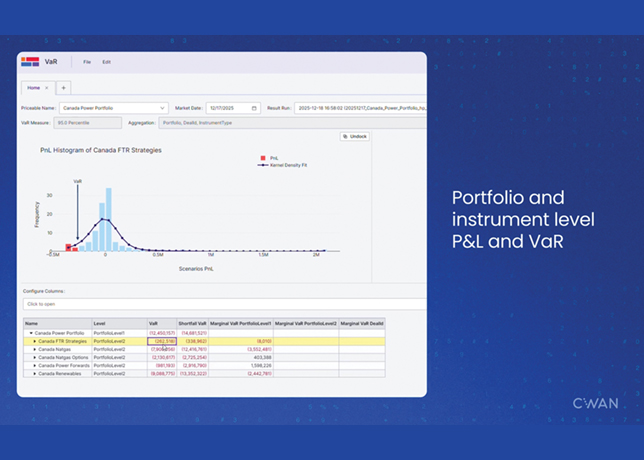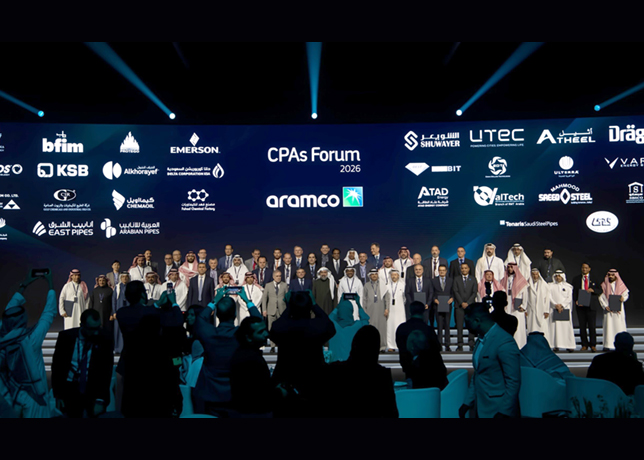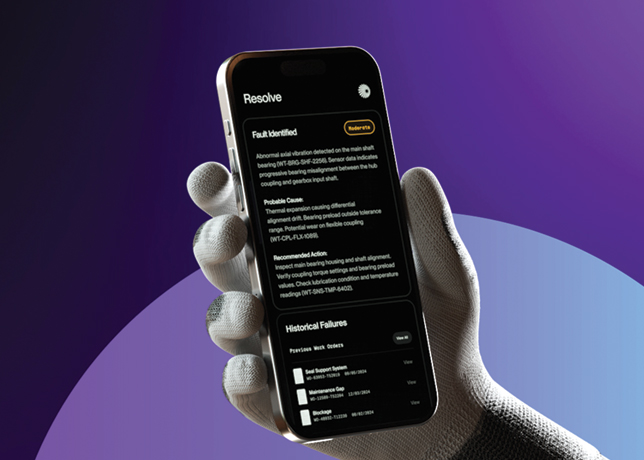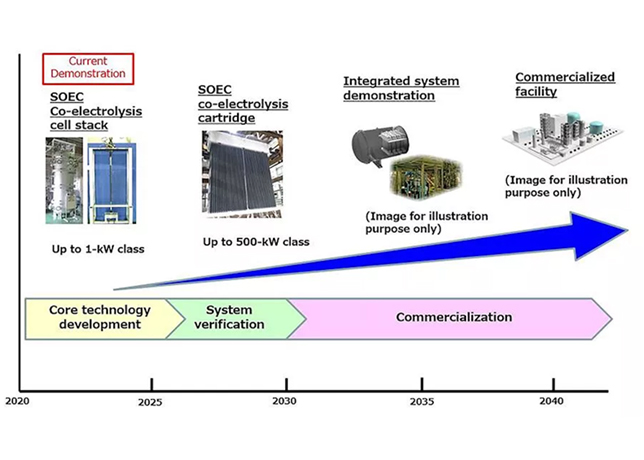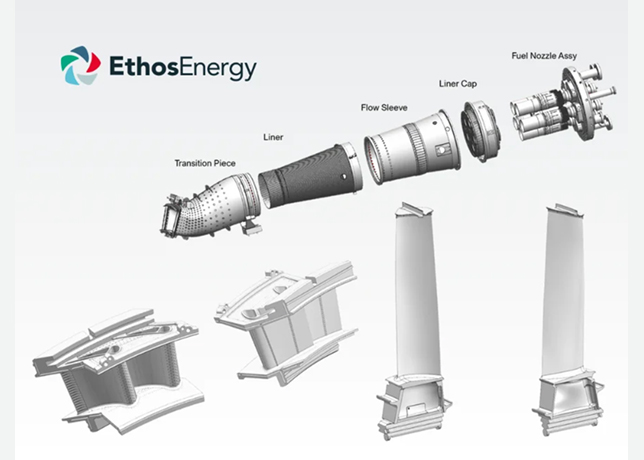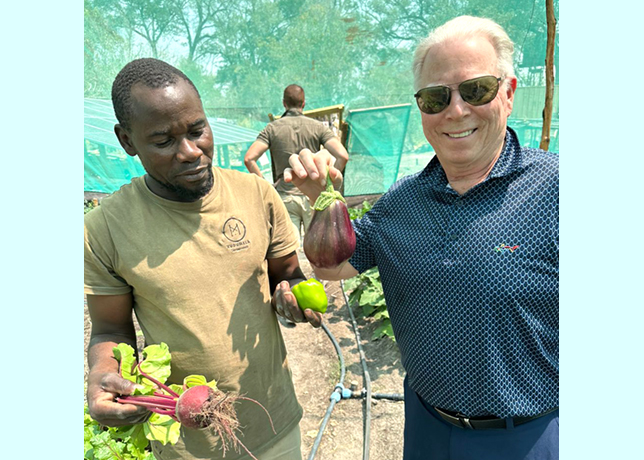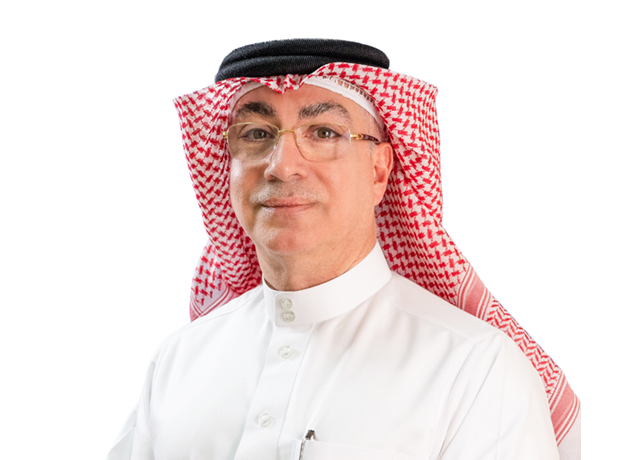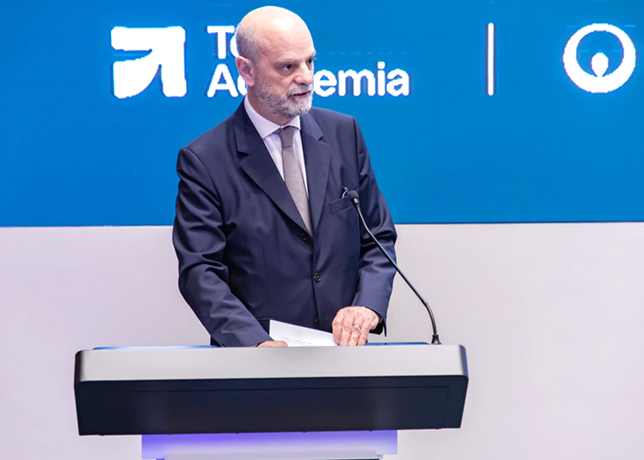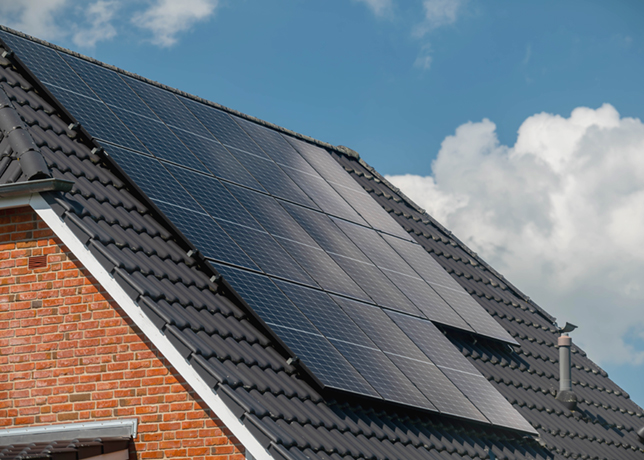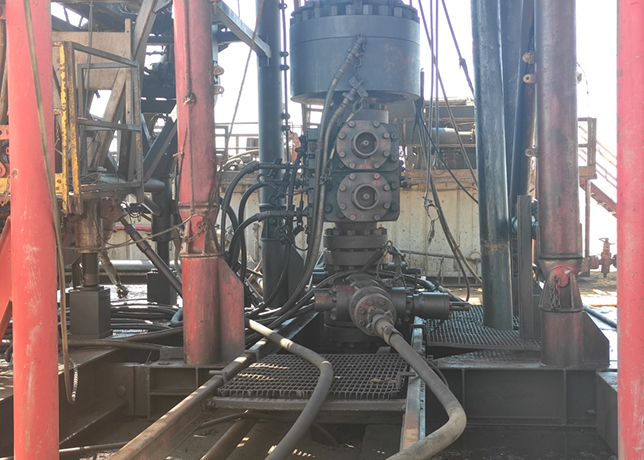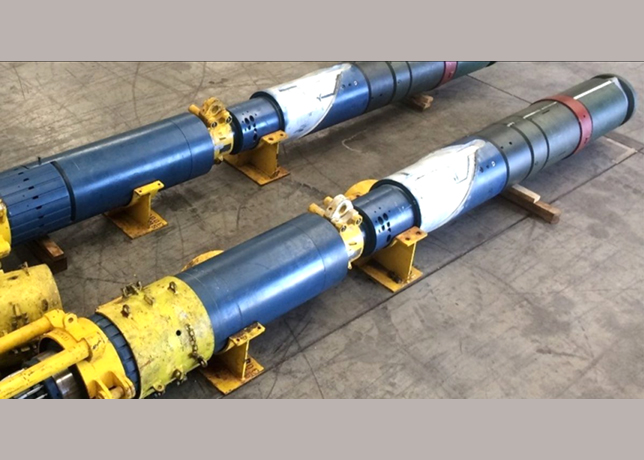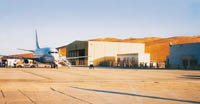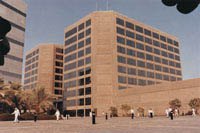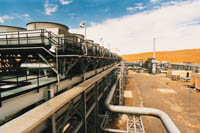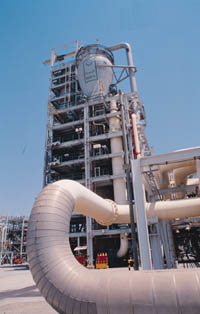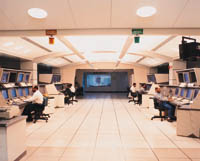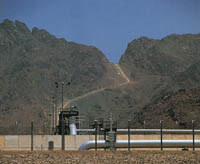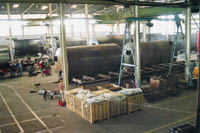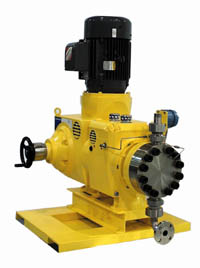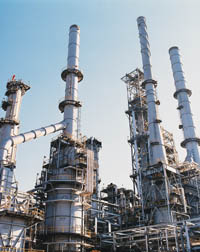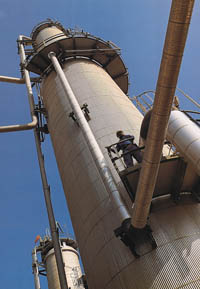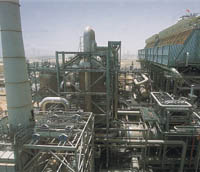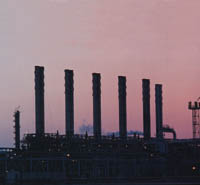
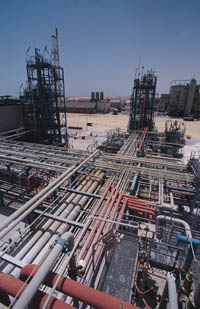
Soaring profits, strong international prices and the completion of a number of expansion projects.
The Year 2000 was a busy and successful one for Sabic, whose affiliates turned out 21 million tonnes of product in the year, giving profits of $968 million, a rise of 112 per cent compared with 1999.
The ultimate production plan for the diversified company is 48 million tonnes per year (tpy) of production by 2010. In the more immediate future, Sabic has targeted output of 35 million tonnes for this year.
A $2.6 billion expansion project at the joint venture Saudi-Yanbu Petrochemical Company (Yanpet) complex in Yanbu has come onstream and will certainly help achieve this figure.
The expansion adds 420,000 tpy of ethylene glycol, 535,000 tpy of polyethylene, 260,000 tpy of polypropylene and 125,000 tpy of pyrolysis gasoline as well as an 800,000 tpy ethylene cracker.
The expansion makes the Sabic/ExxonMobil joint venture the world's largest polyethylene plant.
Trial production began late last year, with commercial production starting earlier this year.
Sabic's Polymers Group president Fahad Al Sheaibi said that the company's new capacity was vital to increasing overall capacity to 35 million tpy for this year.
''It significantly strengthens Sabic's position in the global markets for polyethylene, polypropylene and ethylene glycol,'' he explained.
ExxonMobil and Sabic completed a $1 billion expansion of the Al Jubail Petrochemical Company (Kemya) plant earlier this year.
As part of the expansion, the plant has added 235,000 tpy of linear low density polyethylene (LLDPE), a 218,000 tpy low density polyethylene (LDPE) facility, in addition to an olefins plant which started operation last October.
Arabian Petrochemical Company (Petrokemya) has awarded a contract to build a new polyethylene plant at its complex in the industrial city of Jubail to Toyo Engineering of Japan on a turnkey basis.
The new plant, which will use technology provided by Union Carbide, will have a production capacity of 400,000 tpy of polyethylene and is expected to come onstream in the middle of next year.
Petrokemya will, according to officials, also construct a new 1.2 million tpy olefins complex to produce ethylene, propylene and benzene.
Set up in 1981, Petrokemya currently produces around 2.3 million tpy of ethylene, propylene, polystyrene, butene-1, butadiene and benzene.
Meanwhile, a Sabic subsidiary has named Fluor Daniel Arabia as contractor for a planned petrochemical complex in the Kingdom.
Jubail United Petrochemical Company said it had signed a letter of intent to appoint Fluor Daniel Arabia Ltd as the programme management services contractor for its new petrochemical complex to be built in Jubail Industrial City.
A statement did not give the cost of the plant but industrial sources say the whole project is expected to cost around $2 billion.
The statement said the complex was expected to come onstream in the second half of 2004, and would have annual production capacities of one million tonnes of ethylene, 450,000 tonnes of ethylene glycol, 400,000 tonnes of high density polyethylene and 100,000 tonnes of linear alpha olefins.
''Sabic now accounts for nearly 20 per cent of the world's total ethylene glycol production,'' the statement said.
Overall, the Corporation accounts for approximately five per cent of global petrochemical production from its 16 world-class manufacturing affiliates.
And Sabic's expansions are assuming greater importance given the Kingdom's proposed joining of the World Trade Organisation (WTO).
Analysts suggest that the long term benefits to Saudi Arabia from trade liberalisation under the WTO would largely depend on the Kingdom's ability to diversify away from oil.
Aside from cheap gas feedstocks, Sabic's geographical location certainly gives it a logistical advantage over its competitors, given its relative proximity to Europe, southeast Asia and the Pacific Rim. And its comprehensive sales and marketing network extends to the US.
Since 1976, Sabic has been a major driving force behind the increase in the Kingdom's's non-oil exports.
Its range of products includes basic and intermediate chemicals, polymer resins and polyester, fertilisers, metals, and industrial gases.
As an industrial giant on a global scale, Sabic has had to embrace modern business philosophies to keep its competitive edge. During the Asian crisis of 1998, Sabic implemented numerous cost cutting measures, and the Corporation is now set to fully utilise the benefits of e-commerce and e-procurement for its operations.
Sabic's reorganisation into Strategic Business Units (SBUs) at the end of the 1990s has greatly improved cost efficiencies, according to the Corporation.
By organising around SBUs, Sabic has a better customer focus, shorter lines of communication and quicker feedback from clients.
In addition, the Corporation has successfully consolidated its procurement operations, with manufacturing affiliates, suppliers and Sabic itself connected to the Consolidated Procurement Organisation (CPO).
Manufacturing efficiencies are being boosted through vital Research & Technology programmes, and the Corporation has pioneered a number of key technologies.
Sabic is said to be looking at spreading its scope of manufacturing beyond Saudi Arabia. In particular, it is looking to enter into strategic partnerships with some Asian countries to produce petrochemicals. At present, Sabic has stakes in manufacturing facilities in Bahrain.
Sabic is 70 per cent-owned by the Saudi government. It has said that it would welcome joint venture partners, but under different terms now than in the days when Sabic was looking for technology and marketing expertise, which it now has. Sabic vice chairman and managing director Mohamed Al Mady has pinpointed the right to use technology in other plants or entry into new markets as possible clinching factors.



